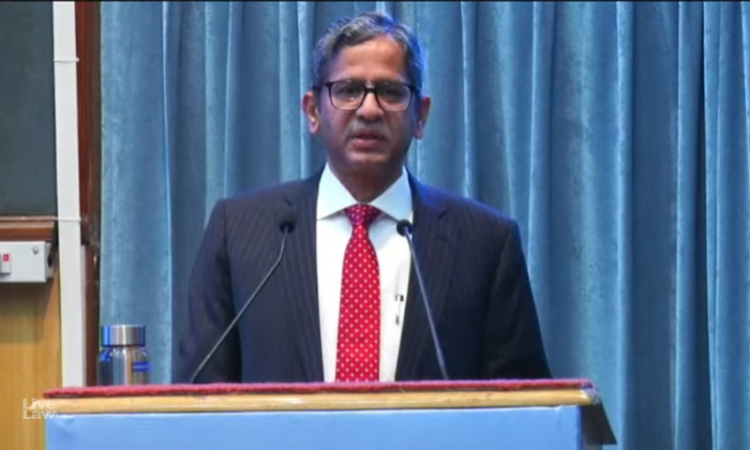Courts Must Make Mediation & Negotiation Mandatory As Part Of Case Management: CJI NV Ramana
Srishti Ojha
9 April 2022 3:29 PM IST

Next Story
9 April 2022 3:29 PM IST
"An active effort must be taken by Courts to make negotiation and mediation mandatory, as a part of case management", said the Chief Justice of India NV Ramana on Saturday while speaking at the inaugural event of the two-day national conference on "Mediation and Information Technology" in Gujarat."Imbibing effective ADR mechanisms into the judicial process can reduce pendency, save...
